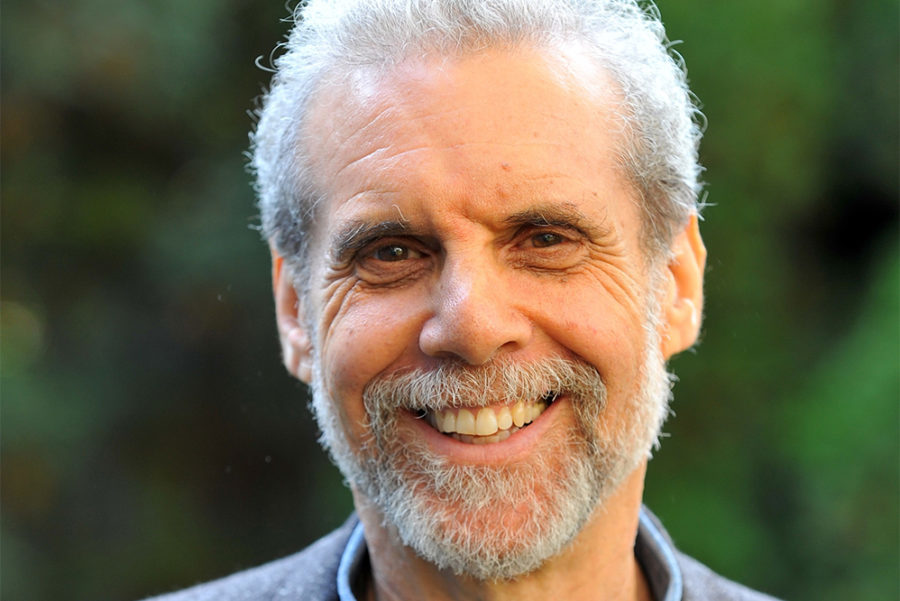PODCAST PEOPLE: A Summary from the Real Leaders Podcast
“Emotional intelligence, the way I look at it, is self awareness, knowing what you’re feeling and why you’re feeling it, how it affects what you do. Managing your emotions, using that awareness to handle your destructive emotions and keep your goal in mind. Staying positive, tuning into other people, empathy. And then putting that all together to have effective relationships.”
Daniel Goleman is an internationally known psychologist and bestselling author, known for his works discussing emotional and social intelligence, leadership, and education.
The following is a summary of Episode 174 of the Real Leaders Podcast, a conversation with psychologist and author Daniel Goleman. Watch, read, or listen to the full conversation below.
Evolution of Emotional Intelligence
According to Daniel, emotional intelligence (also known as EI or EQ) does not plateau like IQ once the brain is fully developed. Lucky for us, EI can always improve and, when managed effectively, makes for better communication, understanding, and leadership.
“Our brain was designed for the jungle, for an earlier time. We don’t have brain 2.3, we have brain 1.0.”
Daniel explains that uncontrolled emotions are due to primitive survival instincts hardwired within our brains. Reactions brought about by anger and fear are responses similar to the fight or flight survival that has kept us alive since primal days. While we may no longer be in danger of being eaten, our brains operate in a symbolic reality. This triggers emotional circuitry to take over the more rational part of our reasoning.
Tribal Hardwiring
Because we still rely on webs of circuitry in the brain that evolved from living in tribes, the modern technological world operates against our internal wiring. Consequently, this limits our ability to properly connect with others more than we may have realized. AI hinders EI, and virtual living has affected the social part of our brains that was designed to function optimally in the presence of others.
“We have to make more effort to tune into the people around us, because the brain wasn’t designed for the reality we’re living right now. Emotion channels are really important for the brain, and they’re maximal when we’re face to face.”
Leading with Emotional Intelligence
Daniel emphasizes that emotional intelligence is an important attribute for good leadership, especially in the workplace. He equates leadership with influence and suggests that telling people what to do will never be as effective as listening first.
“The big challenge is to be fully present, which means you want to know what the other person is thinking and feeling, and then you want to respond to that. Then the person feels felt, feels heard, and you get more information. So from a leadership point of view I think it’s an essential skill.”
Titles Mentioned
Daniel mentions a few of his publications that discuss these topics in greater detail. Find more about them here:
- Altered Traits: Science Reveals How Meditation Changes Your Mind, Brain, and Body.
- Emotional Intelligence: Why It Can Matter More Than IQ
- A Force for Good: The Dalai Lama’s Vision for Our World




































